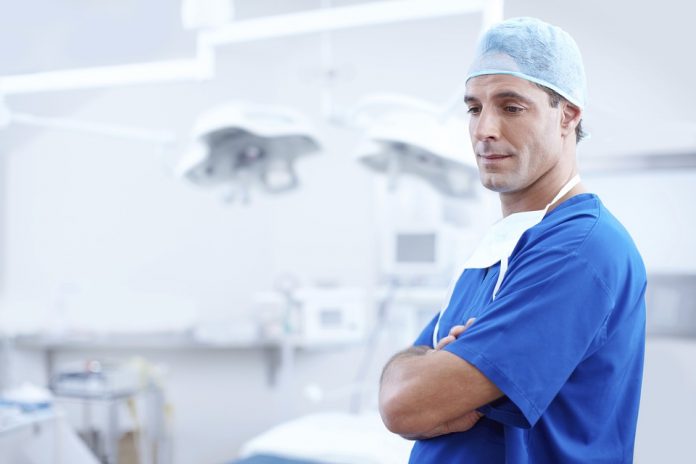
By James Marlow
Electricity revolutionised the world just over a hundred years ago. The internet changed the way we operate twenty years ago and now there is no question that Cognitive Artificial Intelligence (CAI) is going to change our society as we know it. No industry or society will be spared from this phenomenon which actually began four decades ago and is now moving at a pace beyond comprehension.
From driverless taxis, talking robots and sophisticated drones to police officers on patrol with body cameras identifying missing children, doctors behind computer screens and the blind knowing who is in the room with them, there is no end to growing innovation.
The fourth annual summit hosted by the company OurCrowd at the Jerusalem Conference Centre earlier this month attracted some 10,200 people from 96 countries, some of whom have absolutely no officially relations with Israel. But they attended to learn more about the future, how their countries can benefit, and in some cases invest in a start-up.
In Britain, there are huge pressures within the National Health Service and a vast difference of opinion on what to do about the problems. Many forward-thinking people agree that innovation could be a key solution to the healthcare industry and the future doctor and patient relationship.
Shmuel Herschberg of Dario Health explains, “The doctor’s office of the future is basically giving patients, the tools to manage their health conditions remotely through technology.”
Mr Herschberg promotes a product for sufferers of diabetes that connects to the smart phone and the patient can manage all of their blood glucose readings, carb intake’s, physical activity and insulin through the device. The information can then be shared with the doctor or health worker.
Another innovative idea currently available is produced by the company Tytocare who believe a comprehensive medical examination can be done by the patient from their own location while the doctor is speaking to you from across the computer screen.
First the doctor asks to take your temperature, so you simply hold the small device on your forehead. He or she then asks to see the back of your throat and with mouth open wide as one would in the doctor’s surgery, the patient holds the item at the opening of your mouth. The demonstration at the Summit then saw how the doctor asked for an ear inspection so the process is repeated holding the device against the ear.
Each time the doctor who is sitting far away, is receiving the numbers and figures on his or her screen and can then determine the cause of someone’s illness, write a prescription if necessary and have it delivered to a local pharmacy which can then be collected or delivered to the patient.
However, with monthly usage fees on top of the purchase price which starts at £215.00 for the home version and £720.00 for the professional healthcare worker, from the company Tytocare, it remains to be seen whether the device could be subsidised if purchased from the doctor’s surgery.









